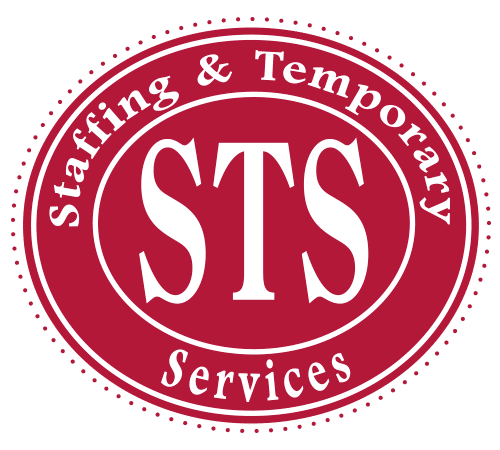What do a recent college graduate, a 20-year career professional, a warehouse worker and trade journeyman all have in common? The job they hold now probably will look very different in five or 10 years.
“The workforce continues to change at a rapid pace; the pandemic accelerated many of these changes, and the introduction of new technology will continue to do so,” notes British-based Stylist. “Taking steps to futureproof your career now means you can get yourself on the front-foot for these changes, rather than having to react quickly.”
Future-Proof Careers with Upskilling
“Future-proofing” means recognizing technological and industry changes that impact your career and proactively meeting those challenges through learning and training.
Upskilling is essential to career future-proofing.
“Upskilling is the process of developing new skills to advance your career. This can apply to virtually any career field,” notes Southern New Hampshire University. “If you’re looking for a new job or to change careers, or you want to advance in your current field, upskilling can help get you there.”
The Importance of Upskilling
“Even if you’re highly trained and educated, your industry will keep changing and require constant adaptation,” says BetterUp.
Workers who can’t adapt to those changes will fall behind. However, upskilling has benefits besides increasing your value as an employee. Evolving your skills opens the door to promotions, wage increases and better job opportunities. Plus, your improved knowledge helps your organization grow and remain competitive.
How do You Know What Skills to Upgrade?
You might already be aware of upcoming changes in your industry. Your employer could even be anticipating industry developments by offering worker training.
If not, try reading up on emerging trends and innovations relevant to your career.
Review descriptions of jobs like yours or positions you hope to hold in the future to uncover the skills employers will demand.
Ways to Upskill
There are several ways to learn the skills you need to stay relevant. Some of them include:
- Employer Training – If your employer offers professional development training, take advantage of it! Whether it’s management training, learning new technology or working with a mentor or coach, your employer is making an investment in your future as well as its own.
- Courses – Learners have multiple options to expand their education through in-person or virtual college courses. You’ll also find free online certification courses through websites like HubSpot and Coursera.
- Certificates – Can you enhance your career through certification? Whether you obtain a CNC Machinist certification for a career in manufacturing or a certificate in web development, improving your knowledge is a smart career move.
- Volunteer Work – Think creatively. Volunteering could enable you to practice and improve your new skills.
Skilled Workers Make Competitive Candidates
According to Indeed, “31% of small and medium businesses are facing a shortage of technological skills, while 55% of employers surveyed said that skill gaps in the labor market presented the greatest barrier to the adoption of new technologies.”
Without question, skilled workers will always be in high demand. By making a commitment to improve your skills, you become a more marketable employee now and in the future.
Are you looking for the right fit for your skills? Let STS Staffing help you make your next great career move.




